Black Myth: Wukong a reflection of Chinese dilemma under CCP rule
Chinese video game hit Black Myth: Wukong speaks about universal ideals of the human race, says researcher Ng Kum Hoon, giving it the innate potential to appeal to people of all cultures. At the same time, could the plot’s ending be an allegory of the systems we live in today?
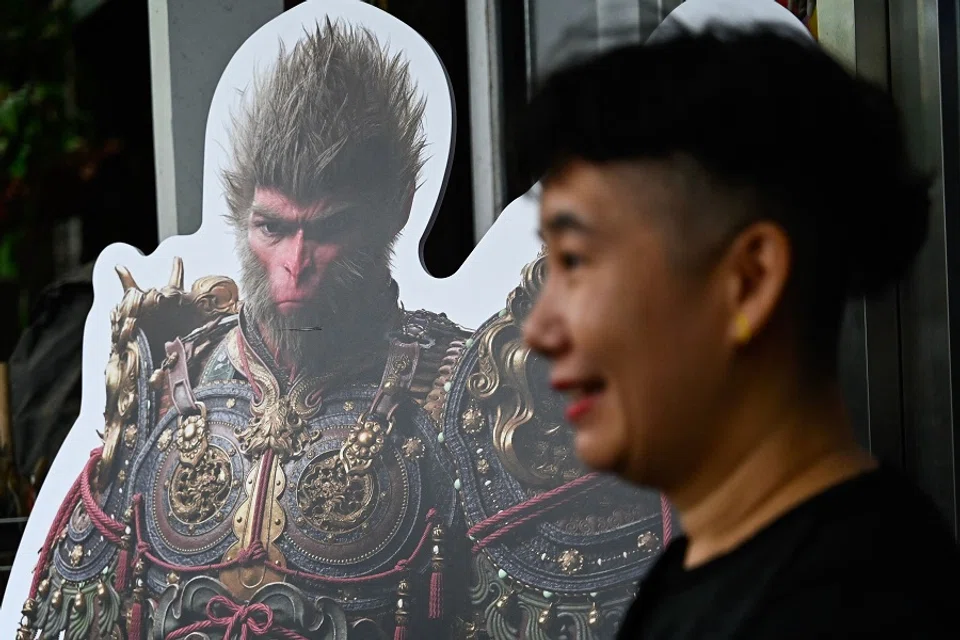
A new game has taken the world by storm over the last few weeks. The fame of Black Myth: Wukong (Black Myth) has reached even non-gamers everywhere in such a short span of time. This dynamic single-player action role-playing game, which took China’s Game Science six years to develop on a budget of US$70 million, boasts a string of stunning achievements right from its release in late August.
According to industry data provider Video Game Insights, Black Myth maintained as many as over two million concurrent players on the gaming platform Steam daily for the most part of its first week, enjoys a positive review rate of close to 96% there — not to mention also being in the top 0.1% in terms of the sheer number of positive reviews — and has nearly 20 million units sold so far, making it one of the fastest-selling games ever. The lifetime sales are projected to reach 30 million units, potentially ranking Black Myth as the joint 21st best-selling game of all time, comparable to memorable classics like New Super Mario Bros.
The success of the game radiates into other industries. Many gaming hotels across China saw full bookings for the first week of Black Myth’s debut, despite 100% hikes in room rates in some cases. Shanxi province, home to the majority of the real-life locations featured in the game, started to promote Wukong trails, and is receiving significantly more tourists at the relevant scenic spots. Growth figures from 178% to 300% year-on-year have been reported.
With much excitement and nationalistic pride, the Beijing Daily even proclaims that, through Black Myth, Sun Wukong the Monkey King (JTW’s hero) “lets the whole world feel the allure of Chinese culture”.
The Monkey King as cultural communicator
Hailed as China’s first big-budget blockbuster console and PC game, Black Myth is poised to ignite a wider challenge to the American and Japanese dominance on the global gaming scene. It marks a watershed moment for the Chinese video game industry, which traditionally has revolved mostly around mobile gaming as well as MMOs (massively multiplayer online games) heavy on in-app purchases.
This sign of a certain change in the climate is all the more noteworthy when we consider the stern grip maintained by the Chinese government over some 20 years in the name of protecting youths from addiction and bad influences. We cannot forget how Beijing banned the sale of gaming consoles from 2000 to 2015, how it has been implementing various focused measures since 2007 to limit youth gaming, as well as initiating multiple rounds of massive freezes on the official approvals of new games since 2018.
A penetrating insight from The Economist comes to mind: “[I]t is becoming clear that whoever dominates gaming is going to wield clout in every form of communication. In every sense, the future of the media is in play.” The approval on Black Myth can’t shout any louder: Beijing is getting it.
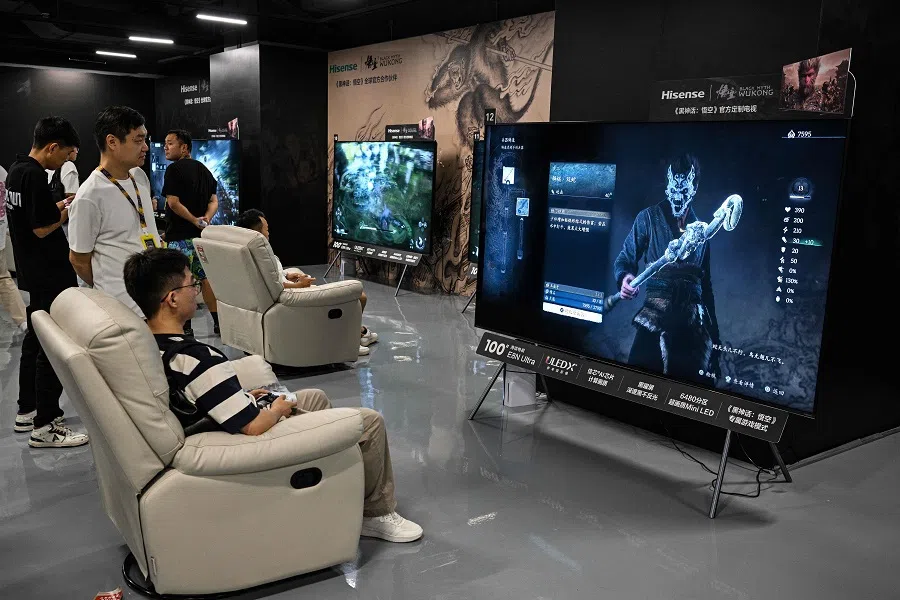
Chinese players get it too. Mentions of “cultural export” or the like pop up not infrequently in their online commentaries on the new blockbuster. A reviewer who goes by “Qilin Wentian”, for example, says on Steam that Black Myth, whose storyline and narrative universe are rooted in the Ming dynasty novel Journey to the West (JTW hereafter), is “a fine fusion of cultural awakening and leading-edge technology”.
According to him, some of the characters featured “feel like they have walked straight out of the original novel, emanating a sense of the ancient and sacred”; the gaming experience is so immersive that in everything from “the archaic architecture, weapons, costumes, [to] the music … and dialogues”, “traditional culture with an ancient flavour comes through naturally, truly realising the export of culture”.
With much excitement and nationalistic pride, the Beijing Daily even proclaims that, through Black Myth, Sun Wukong the Monkey King (JTW’s hero) “lets the whole world feel the allure of Chinese culture”.
Perennial and protean
Judging from Black Myth’s source material alone, we may say such confidence is not groundless. JTW tells the story of the monk Tang Sanzang (based on Xuanzang of the 7th century) who embarks on a perilous journey to bring Buddhist scriptures from India to China. He is accompanied by three reformed demons. They protect him and do battle with numerous monsters along the way, with Sun Wukong being the most capable of the trio.
These are close-to-heart mythologems that the human race has been resonating and connecting with since forever. Herein lies some of Black Myth’s innate potential to appeal to people of all cultures and nations.
At the end of the titular journey, the scriptures are collected, and Wukong actually attains Buddhahood and is given the title of Victorious Fighting Buddha. Its array of engaging characters and episodes aside, the saga is informed by timeless motifs or themes all too familiar to any student of world mythology, such as the heroic quest fraught with tests and trials, the repeated overcoming of the demonic, the sealing and vigilant harnessing of dangerous power (Wukong is forced to wear a magical circlet that can tighten around his head excruciatingly if he misbehaves), seeing through illusions, the struggle against one’s doppelganger, etc. These are close-to-heart mythologems that the human race has been resonating and connecting with since forever. Herein lies some of Black Myth’s innate potential to appeal to people of all cultures and nations.
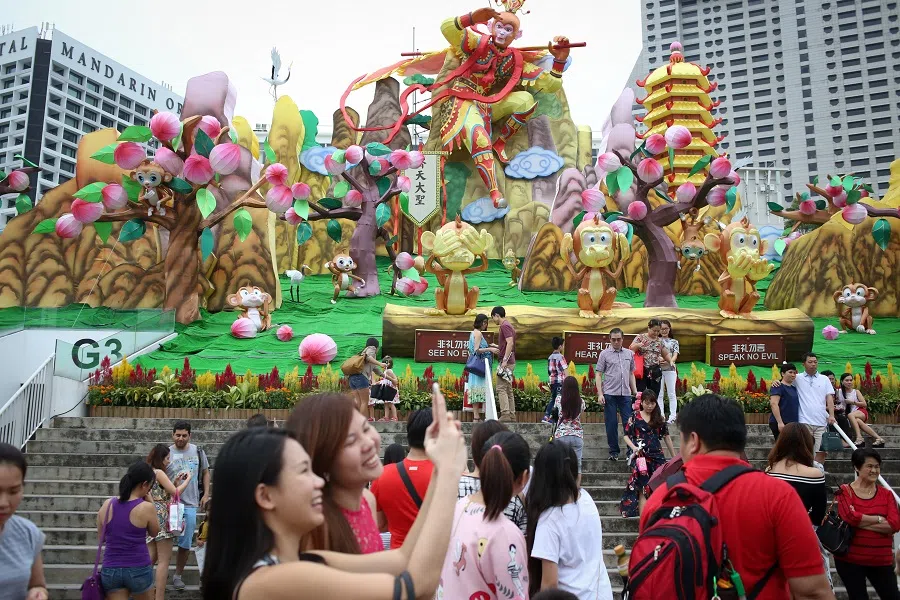
Interestingly, Black Myth is not the first — nor will it be the last — adapted offshoot from JTW. The original novel happens to be a very strong attractor of an incredible diversity of interpretations, reinterpretations, retellings, sequels, adaptations and borrowings over the centuries.
At least three sequel novels had been written in China by the end of the 17th century or thereabouts. In the Qing dynasty, Daoist masters produced neidan (inner alchemical) readings of JTW, decoding Tang Sanzang’s adventure as an allegory for esoteric self-transformation, with the Monkey King and his companions as symbolic of different mystical forces in the human body.
Stephen Chow’s successful 1995 comedy A Chinese Odyssey opened the Chinese audience’s eyes to the power of retelling the Monkey King’s story like never before...
Closer to our time, generations of ACG (animation/comics/games) fans are already no stranger to the countless Wukong-inspired (or more generally JTW-inspired) characters in Japanese popular culture. Think SonSon, Dragon Ball, Naruto, Saiyuki … the list goes on and on.
Most notably, Stephen Chow’s successful 1995 comedy A Chinese Odyssey opened the Chinese audience’s eyes to the power of retelling the Monkey King’s story like never before, however wild and irreverent the adaptation may be. Some mind-blowing memes from this classic film are actually inherited by Black Myth in one form or another, including Wukong’s dramatic awakening, his romantic relationship with the White Bone Demon, and the idea of alternate life as a literal alter ego. Stephen Chow would star in yet another retelling, Journey to the West: Conquering the Demons, 18 years later.
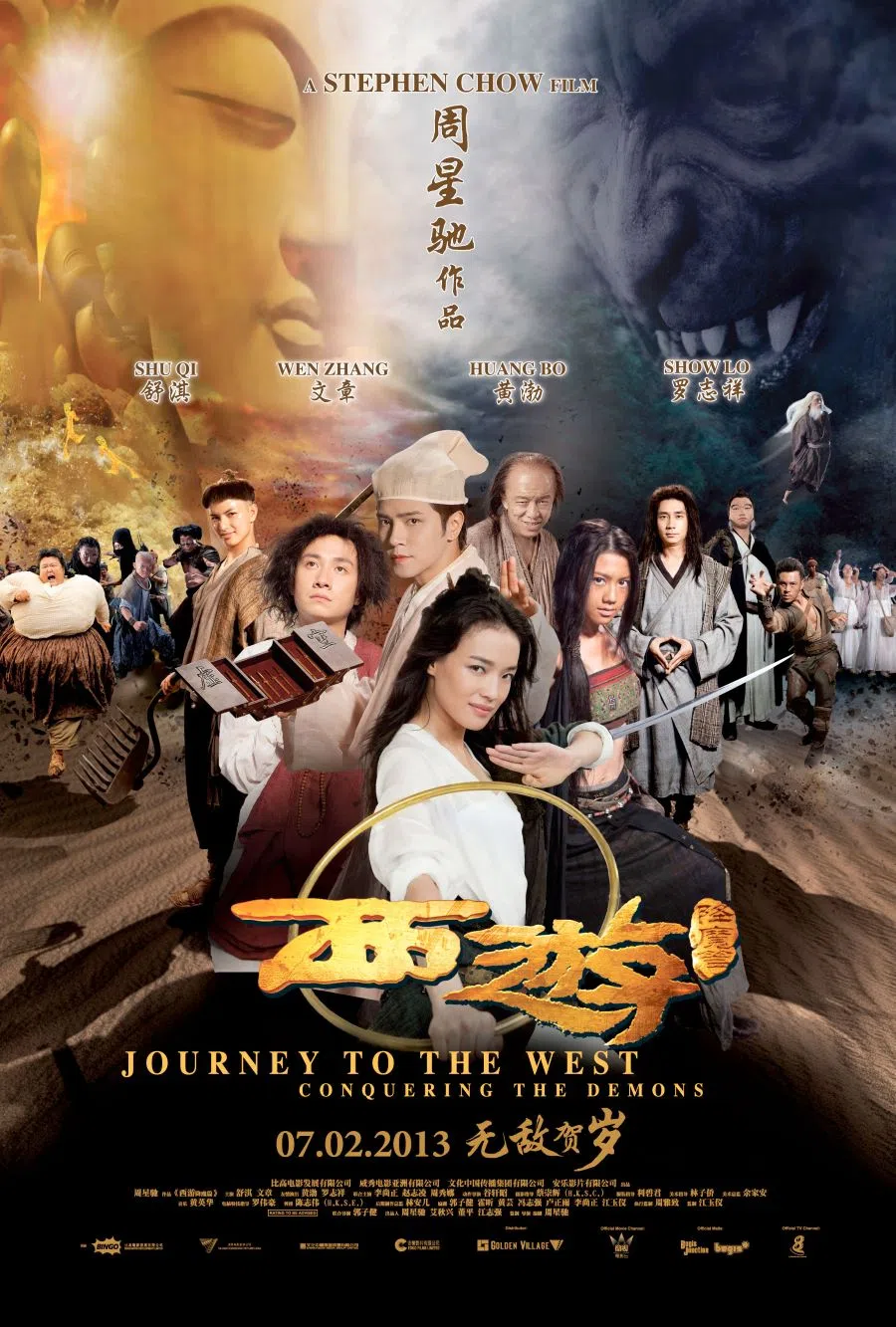
All in all, the anything-goes sprawl of the whole JTW evolutionary tree is almost reflective of the restless, freewheeling nature of Wukong himself. Such malleability is also conducive for shaping effective connection with foreign consumers for “cultural export”.
To have your cake and eat it too
The free spirit that is Wukong is cherished by Marxist China, because of Mao Zedong’s well-publicised love for this character. Mao often drew on JTW for lively metaphors and allusions. He spoke of Wukong as an energetic destroyer of evil, and glorified his infamous rebellion against the Heavenly Court as fearless struggle against the reactionary powers that be.
In the same spirit of admiration, Black Myth’s storyline is predicated on the second rebellion and self-liberation (by proxy) of the tamed demon. It is primarily about the resurrection of the great rebel, and the player is set in pursuit of freedom, seeking to release Wukong from the control of the Heavenly Court and the circlet that never really came off his head despite the completion of his iconic mission in JTW.
Ironically, Black Myth’s developer and publishers have gained negative publicity due to alleged restriction of freedom. Game Science and Hero Games had reportedly issued directives to influencers, listing various things they must avoid when livestreaming Black Myth gameplay.
Undoubtedly linked to the Chinese government’s “red lines”, the list includes “feminist propaganda, fetishization, … other content that instigates negative discourse”, mentions of “’quarantine’ or ‘isolation’ or ‘Covid-19’”, as well as discussions “related to China’s game industry policies, opinions, news, etc.” This brings into focus Beijing’s exercise of “sharp power” in tandem with its efforts to grow its “soft power”, a conflicted combination long criticised in the West.
These two endings may be easily linked to the hope, uncertainty and angst felt over the choices of dissidence and life-sapping conformity with the “system”.

One is tempted to allegorise something said in Black Myth towards the end of its last chapter. An old monkey ferrying the player’s persona (the Destined One) to his final opponent remarks: “[Gifted souls] seek the ease yet crave the renown. They yearn for freedom yet aspire to Buddhahood. They always want both. Yet, nobody can, and nobody should. Such was the folly of the Bull King and Wukong.”
To have your cake and eat it too — that’s precisely what the Chinese Communist Party has been trying to do for a long time in the name of “Chinese characteristics”. It labours thus at the cost of eliminating doses of concomitant “instability” that may be necessary to produce the changes China truly needs to reinvent itself and rise to the next level.
It is sobering to recall that there are two different endings in Black Myth. One is the “true” version, where the Destined One becomes the new Wukong, finally free of the circlet. The other is the bad version, where the resurrection of Wukong fails, after which the Destined One submits to the circlet placed on his own head, regresses in time in some sense, and falls into a deathlike state within a boulder.
These two endings may be easily linked to the hope, uncertainty and angst felt over the choices of dissidence and life-sapping conformity with the “system”. Either that, or the possible, divergent outcomes of continuing on the path of pursuing incompatible things simultaneously. You decide.
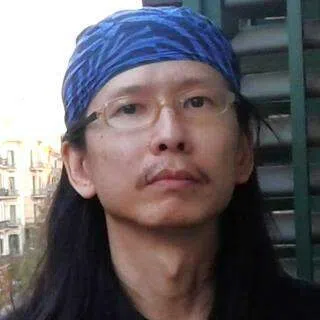


![[Video] George Yeo: America’s deep pain — and why China won’t colonise](https://cassette.sphdigital.com.sg/image/thinkchina/15083e45d96c12390bdea6af2daf19fd9fcd875aa44a0f92796f34e3dad561cc)
![[Big read] When the Arctic opens, what happens to Singapore?](https://cassette.sphdigital.com.sg/image/thinkchina/da65edebca34645c711c55e83e9877109b3c53847ebb1305573974651df1d13a)
